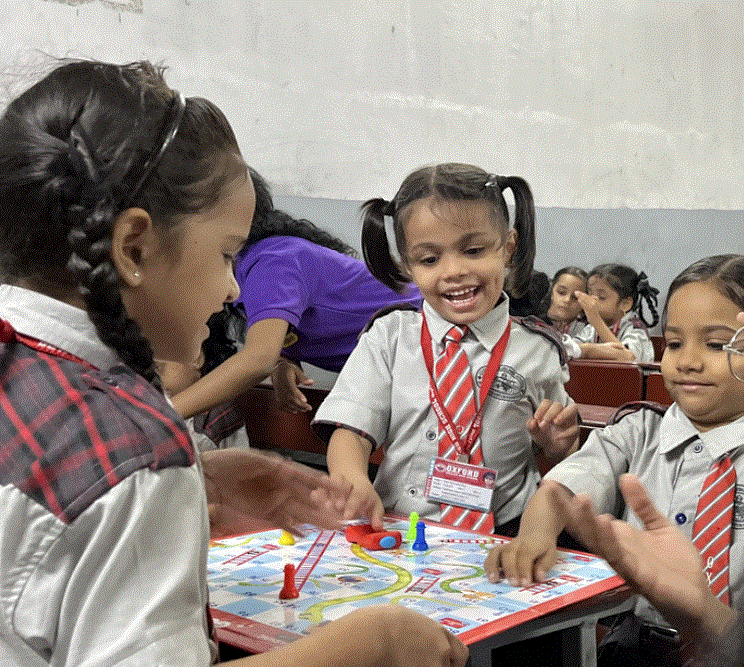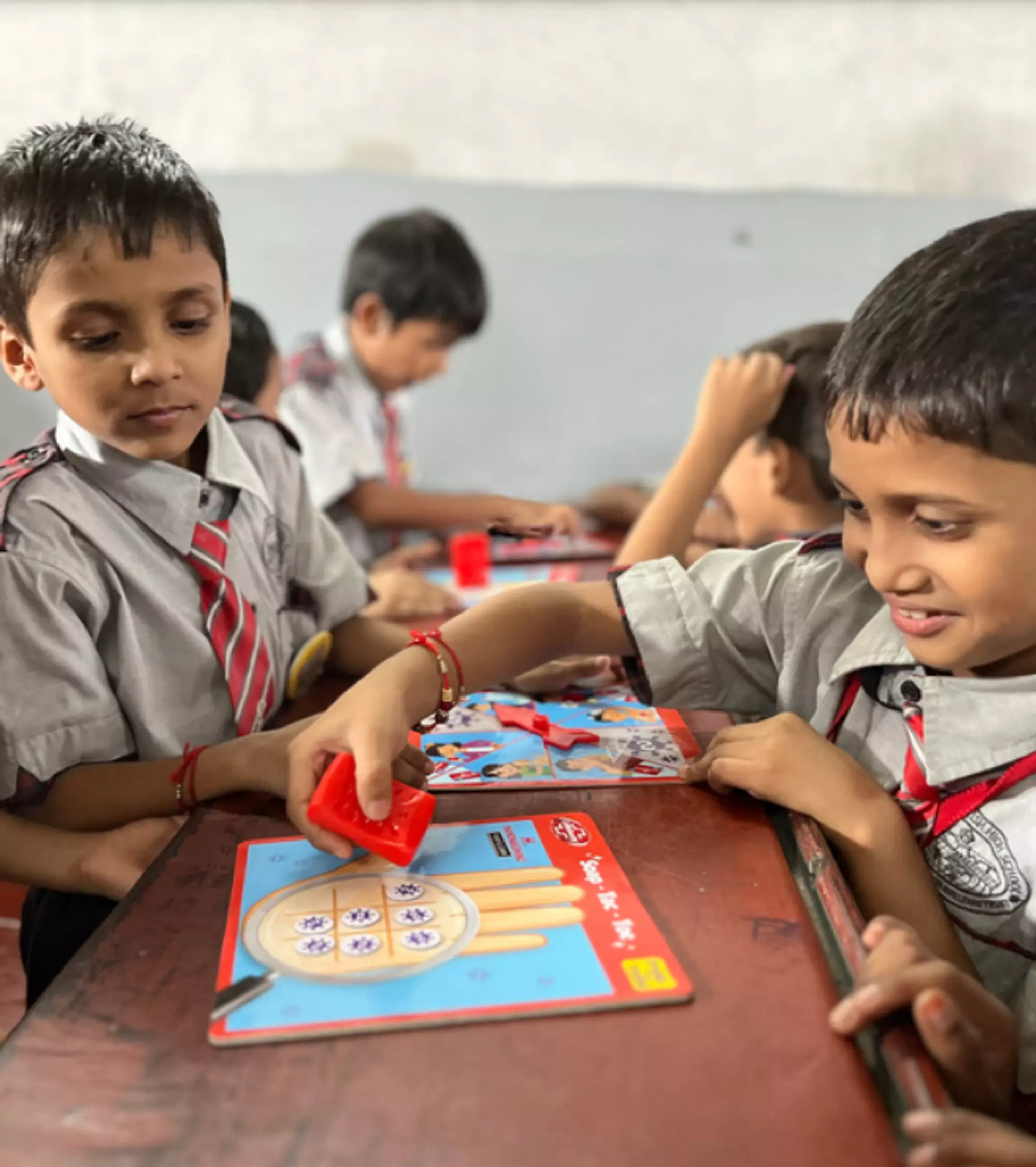Maintaining healthy hand hygiene is one of the most effective ways to prevent the spread of diseases by illness-causing germs. A simple act of handwashing with soap can significantly reduce the instances of children catching gastrointestinal and respiratory infections. Despite this, only 35.8% of households practice handwashing with soap before meals, while 60% rely solely on water in India. These findings suggest the need for behaviour change strategies.
Play is widely regarded as central to a child’s holistic learning. Playful interventions involving children and caregivers can encourage cognitive development and increase hand hygiene behaviour uptake. This can be done through interactive games, hygiene education plug-ins in popular games, and storytelling that make learning enjoyable and memorable.

With this insight, Lifebuoy, the World’s No.1 selling germ protection soap brand, collaborated with Imagimake, one of India’s leading toy design companies, to launch the H for Handwashing Games, in conjunction with Global Handwashing Day (GHD). Guided by Lifebuoy’s behaviour change model, these games are designed to engage and educate young minds by seamlessly blending the joy of play with the essential practice of hand hygiene.
The “H for Handwashing Games” collection features four beloved board games – “Germs & Ladders”, “Handwashing Ludo”, “Soap-Tac-Toe” and “Lose the Germs” – that have been ingeniously recreated for Indian children. These games provide engaging and interactive solutions to educate children to practice proper hand hygiene consistently by highlighting various instances where children should wash their hands with soap. The ‘H for Handwashing Games’ use rewards such as trophies, stickers, certificates, and wristbands for children to creative positive associate with hand hygiene. At the end of each game, children are encouraged to take a pledge as H for Handwashing champions, ensuring a profound and lasting impact on behaviour after playtime.

The State Governments of Delhi, Punjab, and Haryana have endorsed this initiative, with an aim to cultivate healthy hygiene habits among over 75,000 students.











